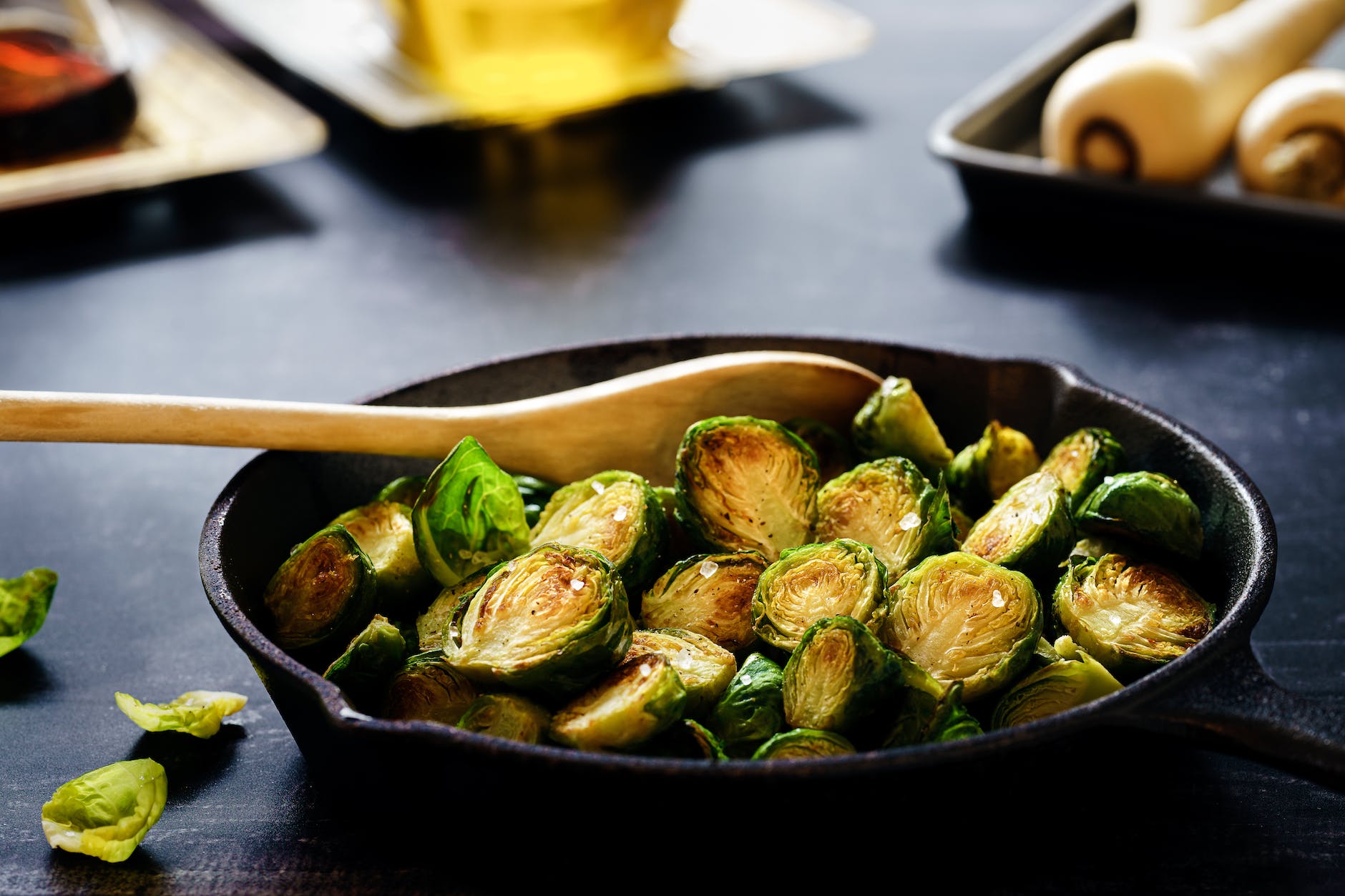Introduction to Cast Iron Cooking: Why it’s a Timeless Classic
Cast iron cooking has been around for centuries and is still a popular choice for many home cooks today. Cast iron cookware is known for its durability, versatility, and ability to retain heat, making it perfect for a wide range of cooking methods. From searing steaks to baking cornbread, cast iron cookware can handle it all. It’s also a great investment, as it can last for generations with proper care and maintenance.
One of the reasons cast iron cooking has stood the test of time is its ability to create a unique flavor profile. As the cookware is seasoned over time, it develops a natural non-stick surface that adds depth and complexity to dishes. Cast iron cookware also distributes heat evenly, ensuring that food is cooked to perfection every time.
The Importance of Seasoning Your Cast Iron Cookware: Tips and Tricks
Seasoning is a crucial step in maintaining your cast iron cookware. It involves coating the surface of the cookware with a layer of oil and heating it to create a natural non-stick surface. This process not only prevents food from sticking but also protects the cookware from rust and corrosion.
To season your cast iron cookware, start by washing it with warm water and mild soap. Dry it thoroughly with a towel, then apply a thin layer of oil to the surface. Vegetable oil, canola oil, and flaxseed oil are all good options. Place the cookware in a preheated oven at 350°F for one hour, then let it cool completely before using.
To maintain the seasoning on your cast iron cookware, avoid using soap or harsh detergents when cleaning. Instead, use a stiff brush or scraper to remove any food particles, then rinse with hot water and dry thoroughly. If the cookware starts to lose its seasoning, simply repeat the seasoning process.
Maintaining Your Cast Iron Cookware: Dos and Don’ts
While cast iron cookware is durable, it does require some special care to keep it in top condition. Here are some dos and don’ts to keep in mind:
Do:
– Preheat your cast iron cookware before adding food to ensure even cooking.
– Use a heat-resistant utensil when cooking to avoid scratching the surface.
– Store your cast iron cookware in a dry place to prevent rust and corrosion.
– Re-season your cookware as needed to maintain the non-stick surface.
Don’t:
– Use metal utensils that can scratch the surface of the cookware.
– Soak your cast iron cookware in water for an extended period of time.
– Put your cast iron cookware in the dishwasher.
– Use abrasive cleaners or steel wool to clean your cookware.
Common Mistakes to Avoid When Cooking with Cast Iron
While cast iron cookware is versatile and durable, there are some common mistakes that can ruin your dishes or damage your cookware. Here are some mistakes to avoid:
– Overheating your cast iron cookware can cause it to warp or crack.
– Adding cold food to a hot pan can cause food to stick and burn.
– Using too much oil can cause food to become greasy and unappetizing.
– Not preheating your cast iron cookware can result in uneven cooking.
Recipes to Try with Your Cast Iron Cookware: From Skillet Cornbread to One-Pot Meals
Cast iron cookware is perfect for a wide range of dishes, from savory stews to sweet desserts. Here are some recipes to try with your cast iron cookware:
– Skillet Cornbread: This classic Southern dish is perfect for a cozy night in. Simply mix together cornmeal, flour, sugar, and buttermilk, then bake in a preheated cast iron skillet for a crispy, golden crust.
– One-Pot Chicken and Rice: This hearty dish is perfect for a family dinner. Brown chicken thighs in a cast iron skillet, then add rice, chicken broth, and vegetables. Cover and bake in the oven for a delicious one-pot meal.
– Cast Iron Pizza: Skip the delivery and make your own pizza at home. Roll out pizza dough and place it in a preheated cast iron skillet. Top with your favorite toppings and bake in the oven for a crispy, cheesy pizza.
Conclusion: Why Cast Iron Cooking is Here to Stay and How to Make the Most of Your Cookware
Cast iron cooking has been around for centuries and is still a popular choice for many home cooks today. Its durability, versatility, and ability to create a unique flavor profile make it a timeless classic. By seasoning and maintaining your cast iron cookware properly, you can ensure that it lasts for generations and produces delicious dishes every time. So, whether you’re making skillet cornbread or a one-pot meal, make the most of your cast iron cookware and enjoy the delicious results.
